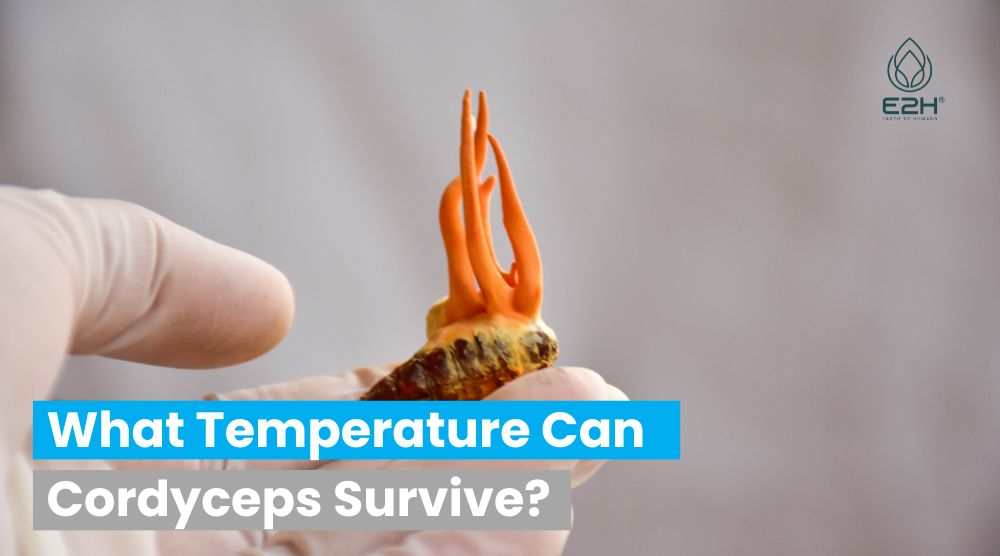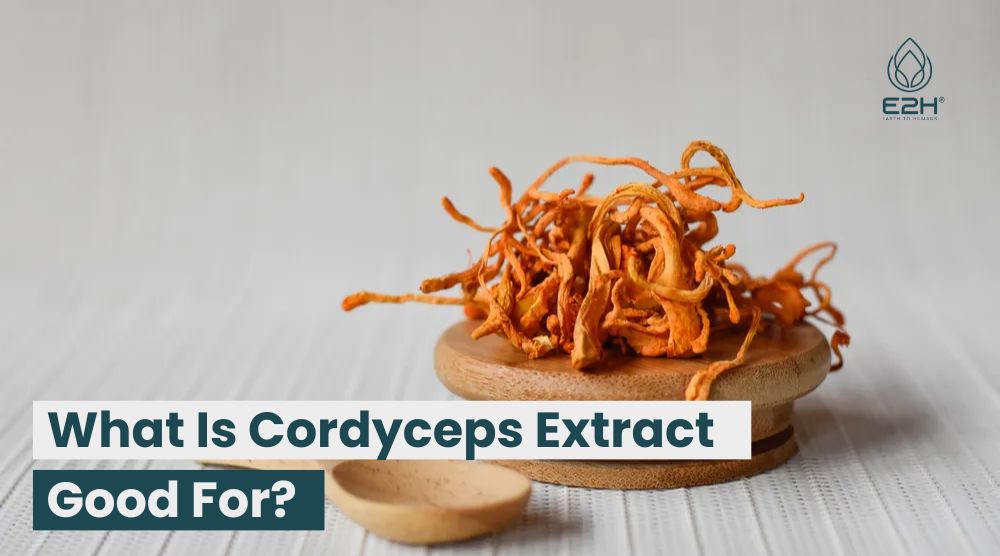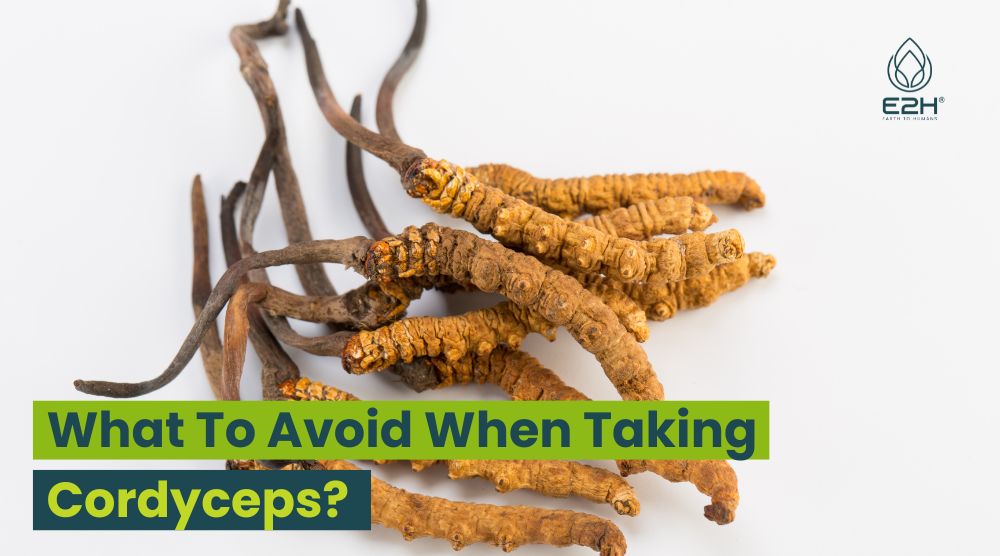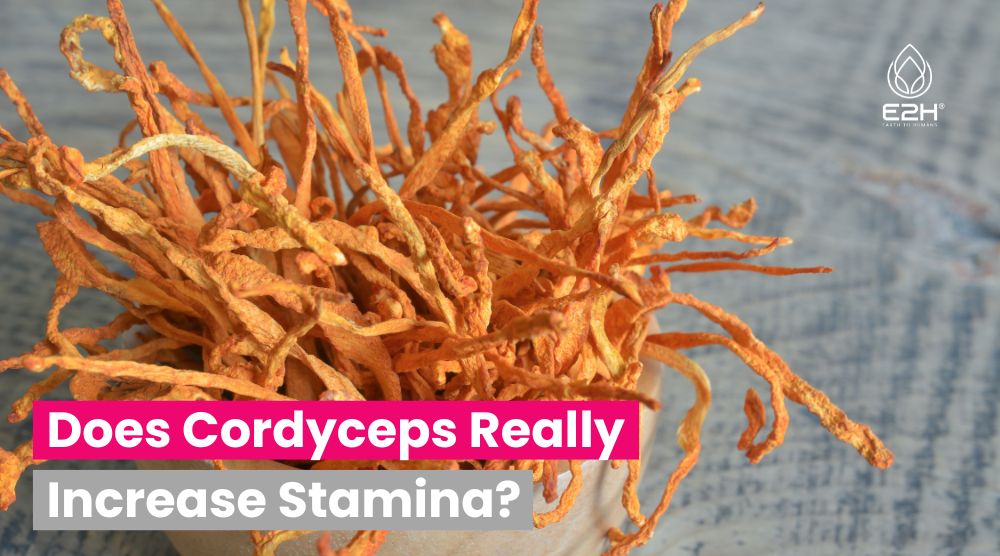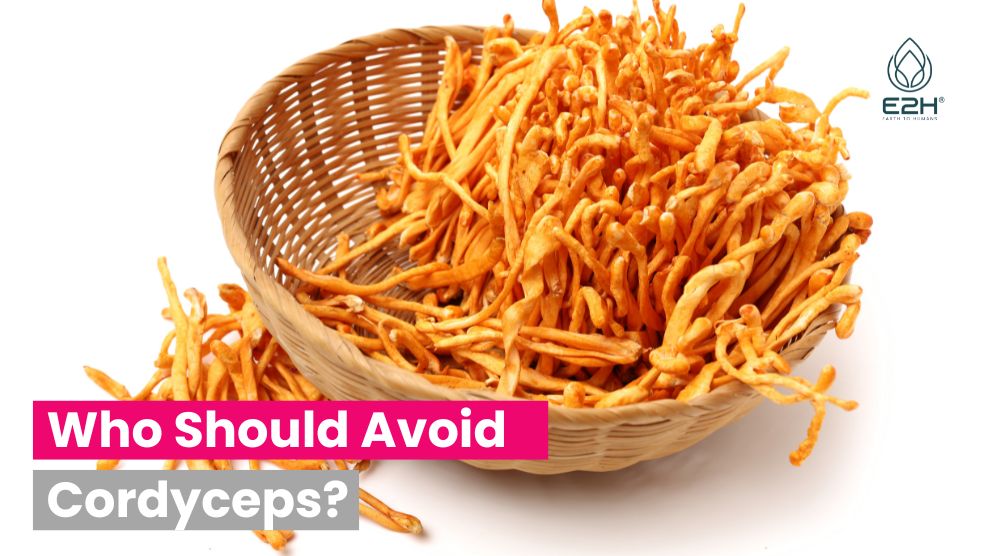How long does cordyceps extract last: Cordyceps extract typically lasts 2-3 years when stored correctly in a cool, dark place.
We unveil the secrets of cordyceps extract, from its shelf life to maximizing its benefits. Discover the key to harnessing its potential for your well-being.
What factors affect the longevity of cordyceps extract?
The longevity of cordyceps extract is a subject of interest for consumers and researchers alike, given the extract’s celebrated status in wellness clinical nutrition circles.
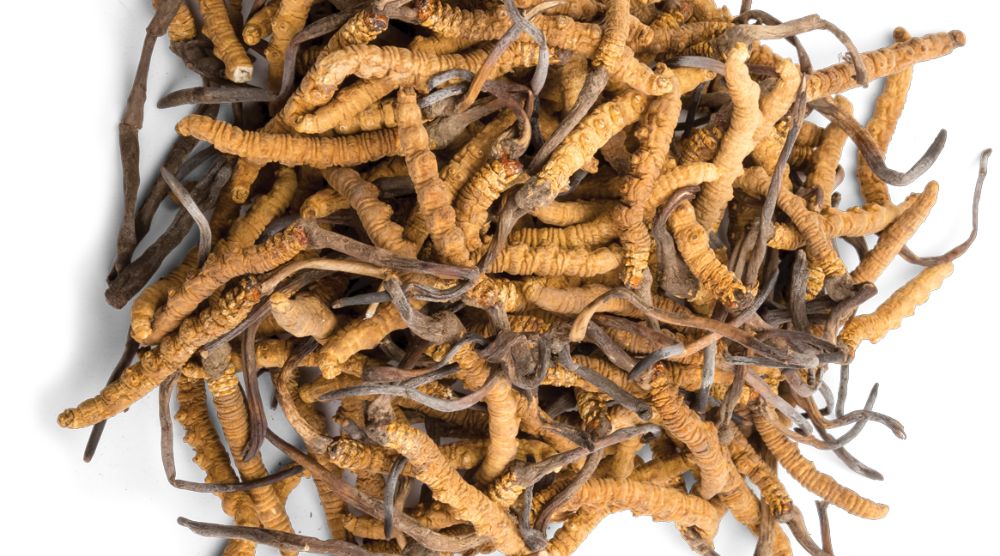
Ensuring the stability and potency of the cordyceps mushroom extract over time is crucial to harnessing its potential benefits effectively. Various factors come into play when discussing the longevity of this potent fungus extract:
Storage Conditions:
- Temperature: Cordyceps extract is sensitive to temperature variations. A study in the “Journal of Agricultural and Food Chemistry” highlighted that high temperatures could degrade the polysaccharides, one of the active compounds in cordyceps, affecting its efficacy.
- Light Exposure: Direct exposure to light, especially sunlight, can degrade the extract over time, reducing its potency and altering its composition.
- Moisture: Keeping the extract in a low-humidity environment is vital to prevent the growth of mold and preserve its quality.
Quality of the Extract:
- Purity: The purity of the cordyceps extract, which can be influenced by the processing method and source, plays a pivotal role in its shelf life.
- Processing Method: How the cordyceps is processed, dried, and extracted can impact its stability and longevity.
Packaging:
- Material: The material of the packaging, whether it be glass, plastic, or another substance, can influence the extract’s exposure to environmental factors.
- Seal Quality: An airtight seal prevents exposure to oxygen, which can degrade the extract over time.
Form of the Extract:
- Powder vs. Liquid: As per a study published in “Molecules,” the stability of bioactive compounds in cordyceps can vary between powder and liquid forms, with powders often showcasing enhanced stability due to lower moisture content.
- Capsules: Capsules can offer an additional protective layer, shielding the extract from environmental variables and potential contaminants.
What is the shelf life of cordyceps extract?
The lifespan of cordyceps extract, a focal point for consumers and health enthusiasts, is typically delineated as approximately 24 to 36 months, or 2 to 3 years, when stored under optimal conditions. This timeframe is crucial to ensure the preservation of its myriad of health benefits, particularly its potential anti-inflammatory and antioxidant properties.
The stability of cordyceps extract is contingent upon several factors, including storage conditions, form (e.g., powder, liquid, or capsule), and packaging. For instance, powdered forms, when stored in a cool, dry place away from direct sunlight, tend to exhibit a robust shelf life due to their low moisture content. Ensuring adherence to storage guidelines and utilizing the extract within this 2 to 3-year window is pivotal for maximizing its efficacy and reaping its potential health benefits.
What is the life of cordyceps extract in your body after you take it?
Once ingested, cordyceps extract undergoes metabolic processes and its active compounds are circulated throughout the body. The exact duration it remains active or detectable in the body can vary based on numerous factors, including the individual’s metabolism, the dosage, and the form in which it was consumed.
Some sources suggest that cordyceps extract may stay in the immune system for approximately 3-5 days after absorption, ensuring a period of sustained potential benefits post-consumption. However, it’s crucial to note that more comprehensive human research done is needed to establish a definitive timeframe for the life of cordyceps extract within the human body.
Does the form of cordyceps extract (powder, capsule, liquid) affect its shelf life?
| Form | Impact on Shelf Life | Notes |
|---|---|---|
| Powder | Stable | Powdered cordyceps extract tends to have a stable shelf life due to its low moisture content, reducing the risk of microbial growth and degradation. |
| Capsule | Moderately Stable | Capsules can offer a protective layer, potentially shielding the extract from environmental factors, but the quality can still degrade over time. |
| Liquid | Less Stable | Liquid cordyceps extract may have a shorter shelf life due to its susceptibility to microbial contamination and potential degradation of active compounds. |
Does exposure to light affect the shelf life of cordyceps extract?
Exposure to light, particularly ultraviolet light, can notably impact the shelf life of cordyceps extract. When cordyceps extract is exposed to light, it can undergo a process known as photodegradation, where the active compounds within the extract begin to break down.
This can result in a loss in benefits of cordyceps’ potency, altering the efficacy and quality of the extract. For instance, a 10% loss in effects of cordyceps’ potency can potentially occur when cordyceps extract is exposed to light continuously for over 30 days.
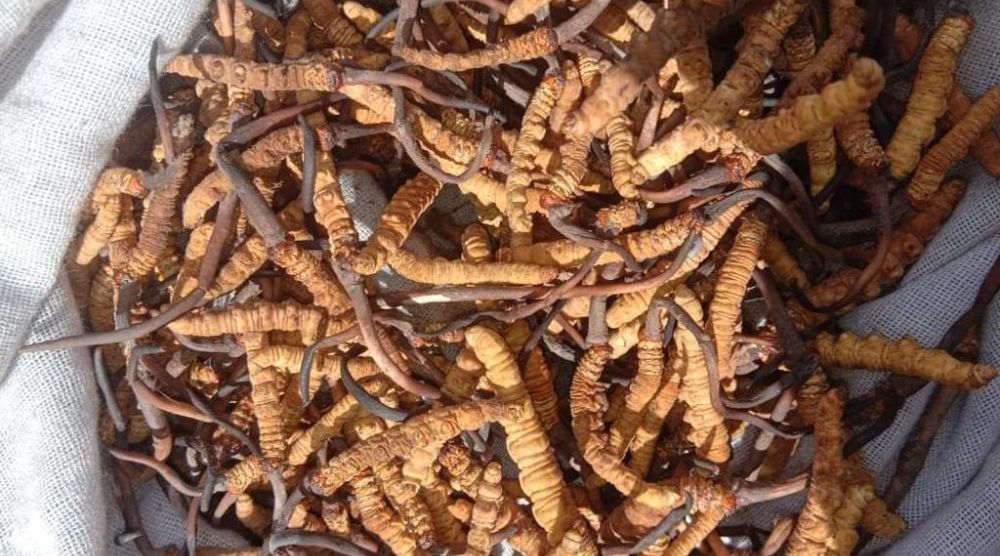
Thus, to maximize the shelf life of cordyceps extract, it is recommended to store it in a dark, cool place, such as a cupboard or a drawer, away from direct and indirect light sources. This practice helps in preserving its beneficial properties and maintaining its quality over time.
Are there any preservatives in cordyceps extract that extend its lifespan?
Cordyceps extract, especially in certain forms, may contain preservatives to enhance its shelf life and maintain its potency over time. Some of these preservatives that might be utilized to extend the lifespan of cordyceps extract include:
Ascorbic Acid (Vitamin C):
- Used to prevent oxidation.
- May extend shelf life by up to 20%.
Citric Acid:
- Acts as an antioxidant.
- Can potentially add an additional 15% to the product’s lifespan.
Potassium Sorbate:
- Prevents mold and yeast growth.
- May prolong shelf life by inhibiting microbial spoilage.
Sodium Benzoate:
- Preserves acidity and prevents microbial growth.
- Can extend shelf life by maintaining product quality.
Glycerin:
- Used in liquid extracts as a natural preservative.
- May help maintain the extract’s quality for an additional few months.
Alcohol:
- Common in tinctures to preserve and extract compounds.
- Can significantly extend shelf life by preventing microbial growth.
Are There Any Specific Storage Containers Recommended for Cordyceps Extract?
For cordyceps extract, utilizing specific storage containers is pivotal to preserving its potency and shelf life. Glass containers, particularly those that are amber or cobalt blue, are often recommended due to their ability to block light, which can degrade the extract over time.
Airtight containers are also crucial to prevent exposure to air and moisture, which can facilitate the growth of mold and bacteria, and potentially degrade the active compounds within the extract. Additionally, choosing containers that are appropriately sized to minimize the amount of air space within can also be beneficial in preserving the extract’s quality for a longer duration.
Is it Safe to Consume Expired Cordyceps Extract?
While cordyceps extract may not necessarily become harmful post-expiration, its efficacy and potency might be significantly reduced. Consuming expired cordyceps extract might not provide the desired health benefits due to the potential degradation of its active compounds.
It’s crucial to adhere to the expiration or “best by” date of cordyceps dosage provided by the manufacturer to ensure you are consuming a product that is both safe and effective. If you’re uncertain about the quality of your extract, it’s best to err on the side of caution and avoid consumption.
How Can I Tell if My Cordyceps Extract Has Gone Bad?
Identifying whether cordyceps extract has gone bad involves observing several key indicators.
- Firstly, any changes in color, texture, or smell can be indicative of spoilage or degradation. For instance, if the extract develops an off-putting or unusual odor, it may have gone bad.
- Secondly, the presence of mold or any other visual abnormalities is a clear sign that the extract should not be consumed.
- Lastly, if the extract has been stored improperly or has been exposed to unfavorable conditions, its quality might be compromised, and it’s advisable to replace it.
Can I Freeze Cordyceps Extract to Make it Last Longer?
Freezing cordyceps extract is a viable option for certain forms of the extract, such as powders or liquids, to potentially extend its shelf life. Freezing can slow down the degradation of its active compounds, preserving its efficacy for a longer period.
However, it’s crucial to ensure that the extract is stored in a suitable container that is both airtight and freezer-safe to prevent contamination and preserve quality. For certain forms, such as capsules, freezing might affect the integrity of the product and is typically not recommended. Always refer to the storage guidelines provided by the manufacturer to ensure optimal preservation.
Can Cordyceps sinensis extract be found in cordyceps supplements?
Yes, Cordyceps sinensis extract can be found in cordyceps supplements, but it’s essential to note that Cordyceps sinensis is a rare and expensive fungus that primarily grows in the high-altitude regions of the Tibetan Plateau and Himalayas.
Due to its scarcity, many cordyceps supplements use an alternative, more readily available species known as Cordyceps militaris. While Cordyceps militaris offers similar health benefits, traditional Cordyceps sinensis extract may be used in supplement form in some high-end supplements, often at a premium price.
It’s crucial for consumers to check the product’s label for information on the specific species of cordyceps mushrooms used and its source.
Are cordyceps supplements primarily made from Cordyceps militaris?
Yes, cordyceps supplements are primarily made from Cordyceps militaris. This species is cultivated more easily and abundantly compared to the rare Cordyceps sinensis, making it a practical choice for supplement production.
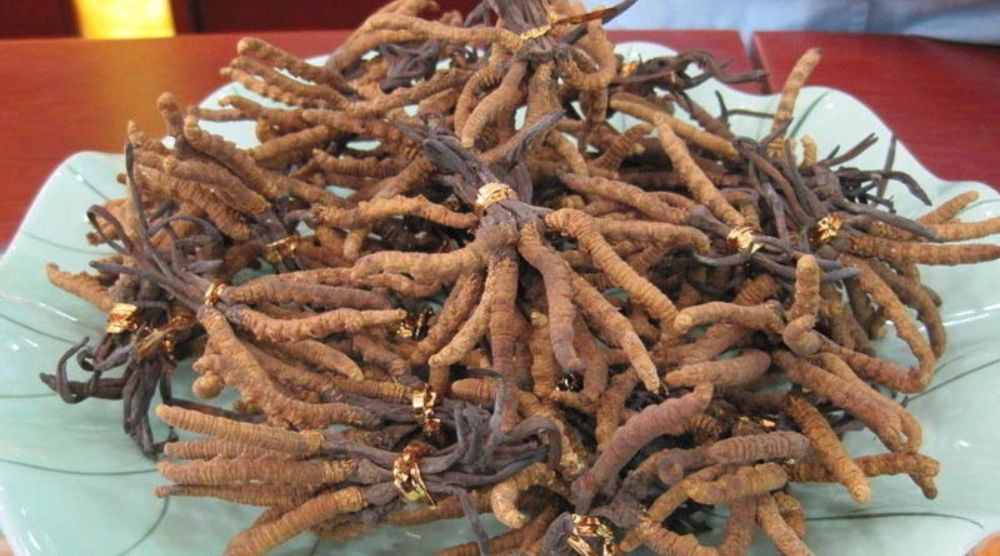
Cordyceps militaris shares many of the same beneficial compounds and potential health effects as Cordyceps sinensis, making it a suitable alternative. Its cultivation in controlled environments ensures consistency and purity in supplement manufacturing, making it a reliable choice for consumers seeking the potential health benefits of taking cordyceps alone.
What do traditional Chinese medicine practitioners say about cordyceps supplements?
Traditional Chinese medicine (TCM) practitioners often view and take cordyceps supplements favorably. In TCM, cordyceps has a long history of use as a tonic for improving vitality, energy, and lung function. It is believed to strengthen the body’s overall health and resilience.
While traditional herbal medicine usage doesn’t always align with modern scientific research, cordyceps supplements have gained popularity globally due to their potential health benefits.
Many TCM practitioners incorporate cordyceps supplements into holistic wellness regimens for their clients, considering them a valuable addition to promote overall well-being. As with any supplement, it’s advisable to consult with a healthcare professional, including TCM practitioners, before incorporating cordyceps into your routine, especially if you have underlying health conditions.
FAQs
How long can I store cordyceps extract without it expiring?
Cordyceps extract typically lasts 2-3 years when stored correctly in a cool, dark place.
Can I use cordyceps extract past its expiration date?
It’s best to avoid using cordyceps extract past its expiration date as its potency may decline.
Does the form of cordyceps extract affect its shelf life?
Yes, the form matters. Powders tend to have a longer shelf life than liquids due to lower moisture content.
Will exposure to light affect how long cordyceps extract lasts?
Yes, light exposure can degrade cordyceps extract, reducing its shelf life. Store it in a dark place.
Can freezing cordyceps extract extend its longevity?
Freezing may help extend the shelf life of certain forms, but proper storage is essential.
Conclusion
In conclusion, the longevity of cordyceps extract can vary depending on storage conditions, form, and quality. When stored correctly, it typically lasts 2-3 years. Light and improper storage can reduce its shelf life. Always check for signs of spoilage and adhere to the manufacturer’s guidelines. While it’s essential to understand how long cordyceps extract lasts, ensuring its potency and maximizing its health benefits ultimately depends on proper care and usage.


